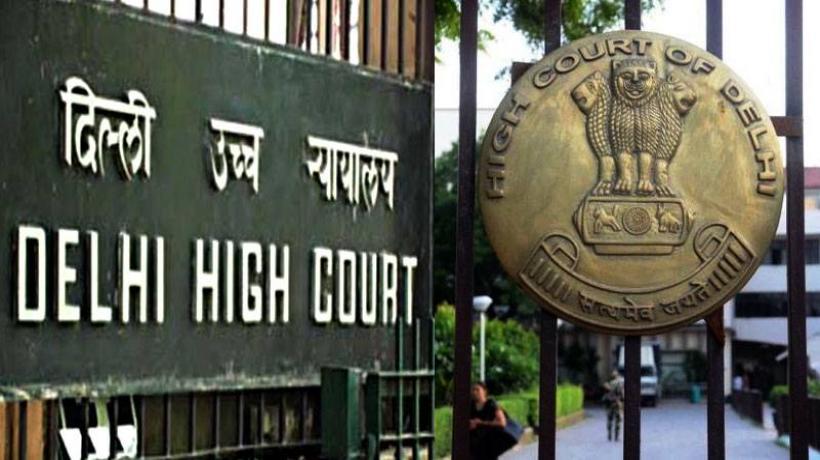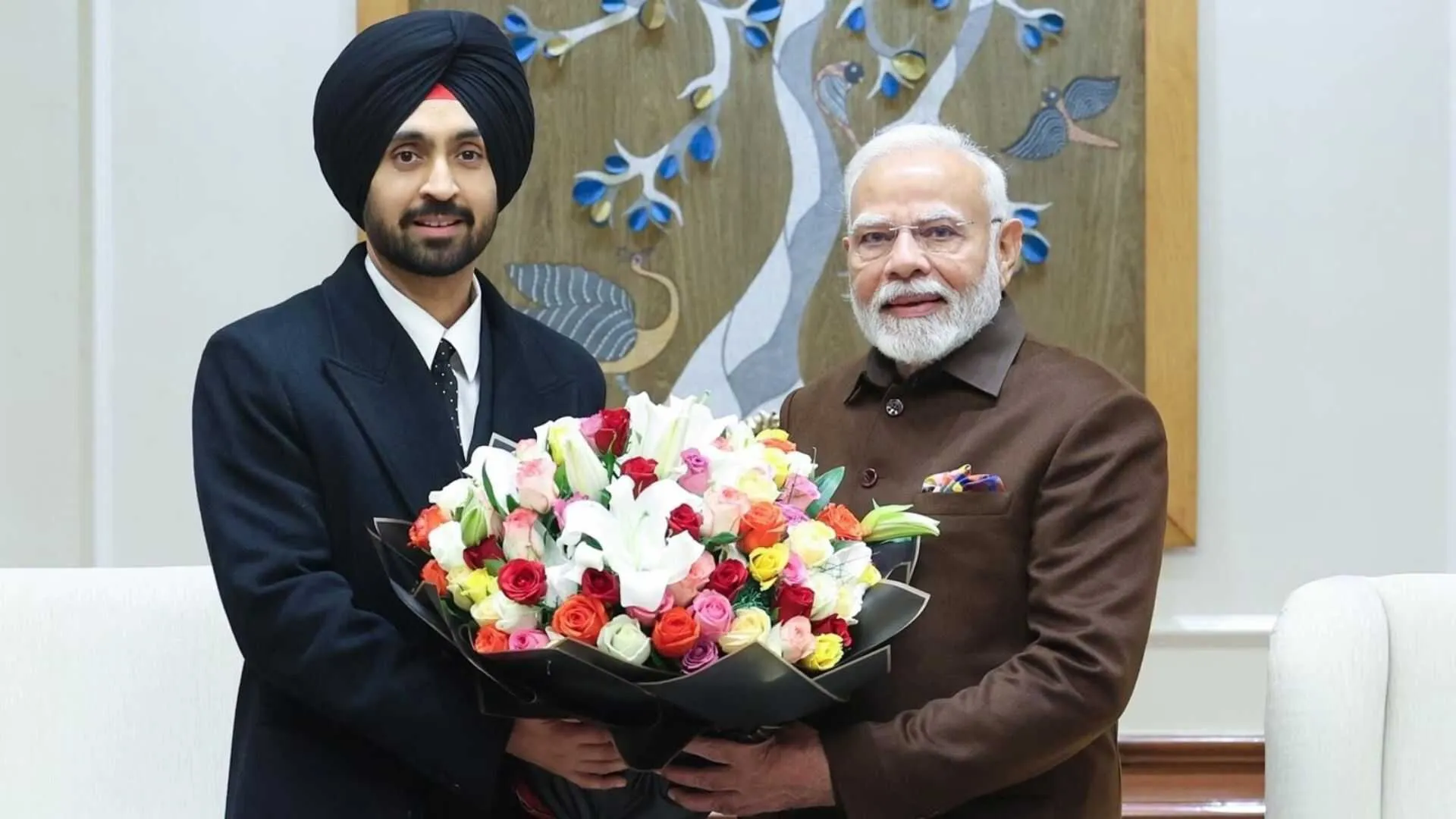The Delhi High Court in the case Shankar @ Gori Shankar v. State Of NCT Of Delhi And Anr observed and has ruled that when a case is committed by the Magistrate to the Court of Session, the trial would have to begin de novo.
The bench headed by Justice Amit Bansal in the case observed and has stated that the Sessions Court would first frame charges and then proceed with the examination of the witnesses.
The court stated that when a case is committed by the Court of Magistrate to the Court of Session, the Magistrate becomes functus officio and any evidence which is recorded therein cannot be held to be admissible for the purposes of a de novo trial before the committal Court.
The court stated that the evidence would also have to be recorded de novo.
The bench of Justice Bansal in the case was dealing with the petition moved by an accused wherein it challenged an order passed by the Additional Sessions Judge which held that a de novo trial is not required to be started when the matter is committed by the Court of Magistrate to the Court of Session.
In the present case, the FIR was registered in 2003 for the offences as stated under Section 341, Section 323, Section 308, Section 506, and Section 34 of Indian Penal Code, 1860. Thus, the metropolitan magistrate framed charges in the case and has rejected an application moved by the complainant during the course of trial wherein seeking committal of the case to the Court of Session in the year 2005.
Therefore, the session court allowed the revision plea moved by the complainant against the order of MM’s and the case was committed to the Court of Session.
Last year, the ASI in its order stated that the fresh de novo trial is not to be started, especially when all the witnesses have been examined by the MM.
The court in the case agreed with the judgments passed on the subject by High Courts of Madras, Punjab and Haryana and Madhya Pradesh.
The bench headed by Justice Bansal in the case observed and has stated that the mandate of Section 323 of the CrPC is clear and when the case is committed by the Magistrate to the Court of Session, the trial would have to begin de novo. Thus, the Court of Session would first frame charges and then proceed with the examination of the witnesses.
The court in the case observed that the session court cannot be treated as a successor of the Magistrate and therefore, Section 326 of the CrPC would not be applicable to the present case.
The court in the case observed and has set aside the impugned order wherein directing the trial shall proceed before the Court of Session from the stage it was before the impugned order was passed.
The court while taking note of the fact that the present FIR was registered in the year 2003, the learned ASJ is requested to expeditiously complete the trial in the present case, preferably within a period of six months from the date fixed.

















